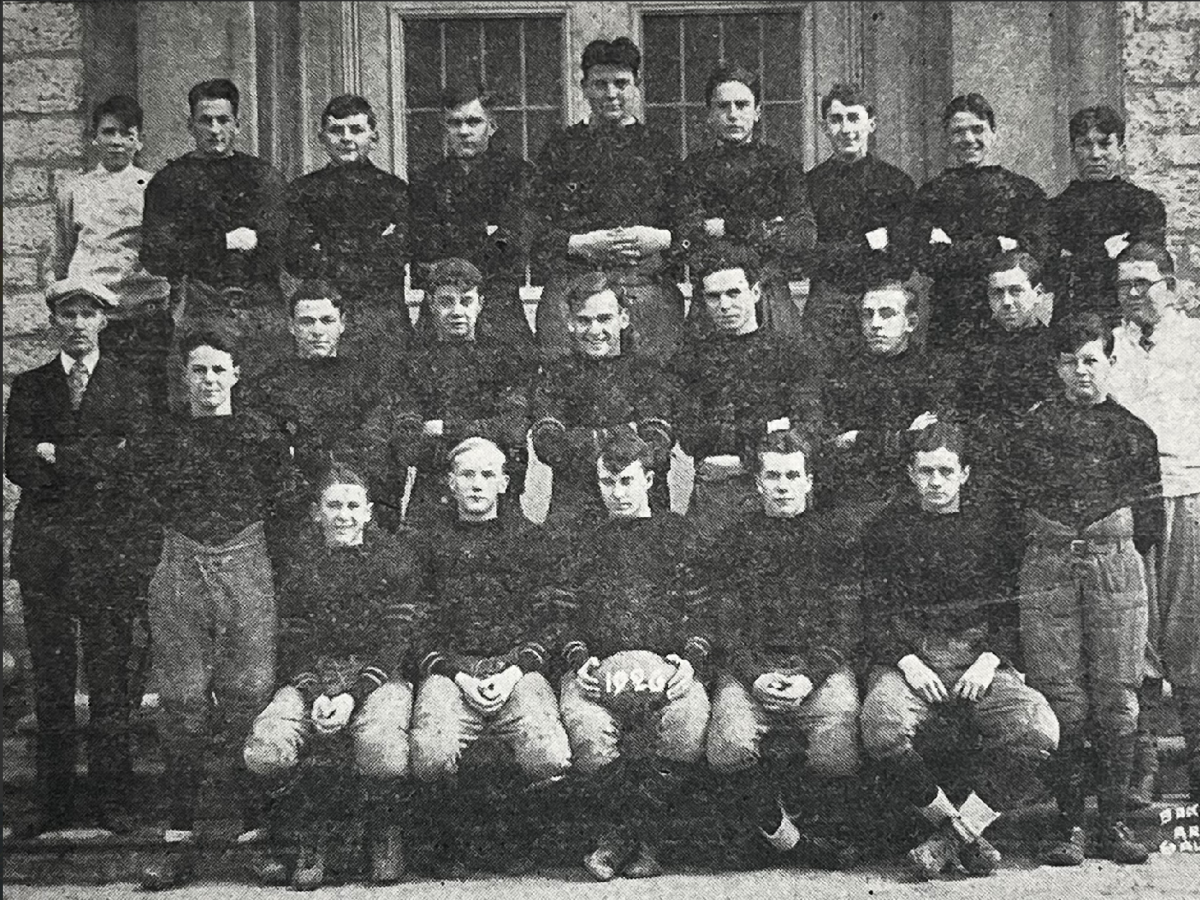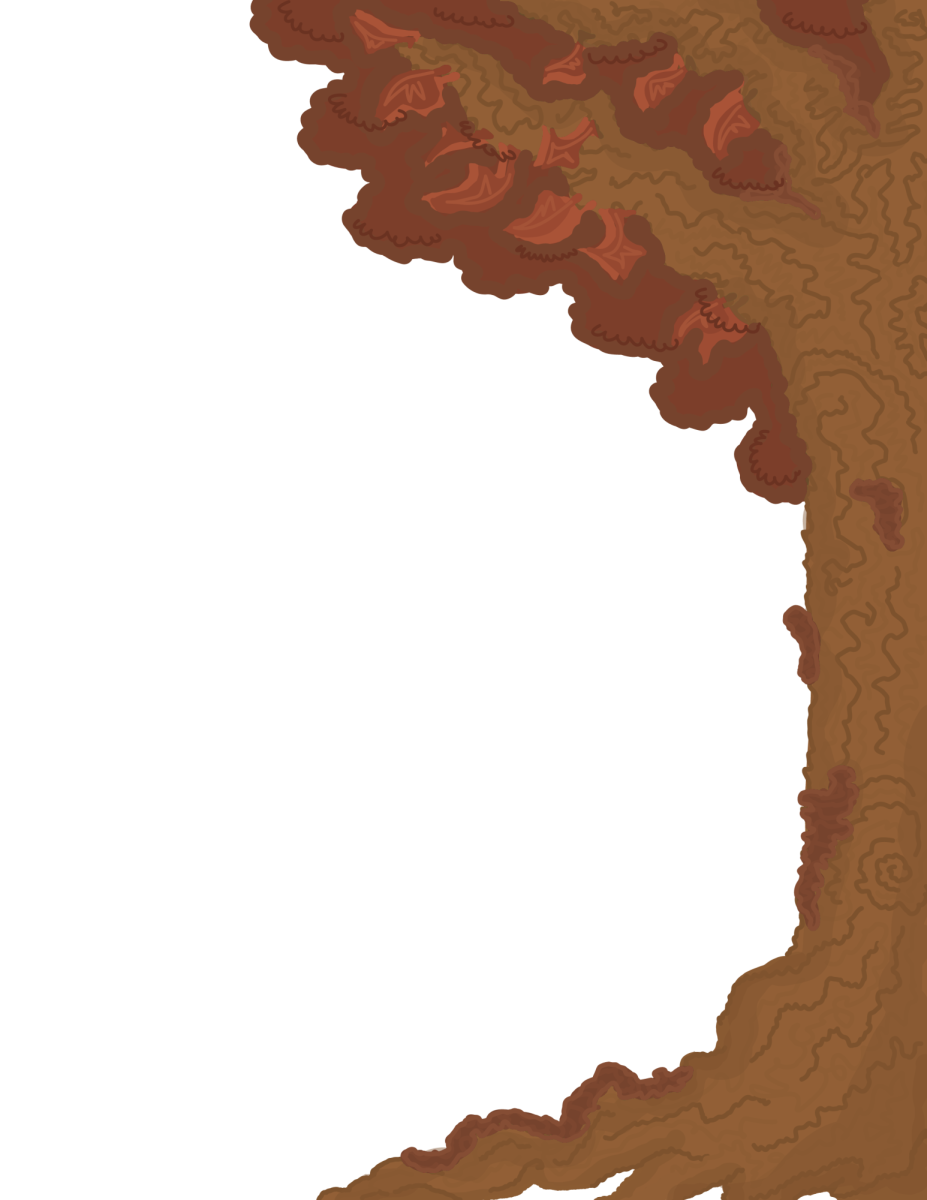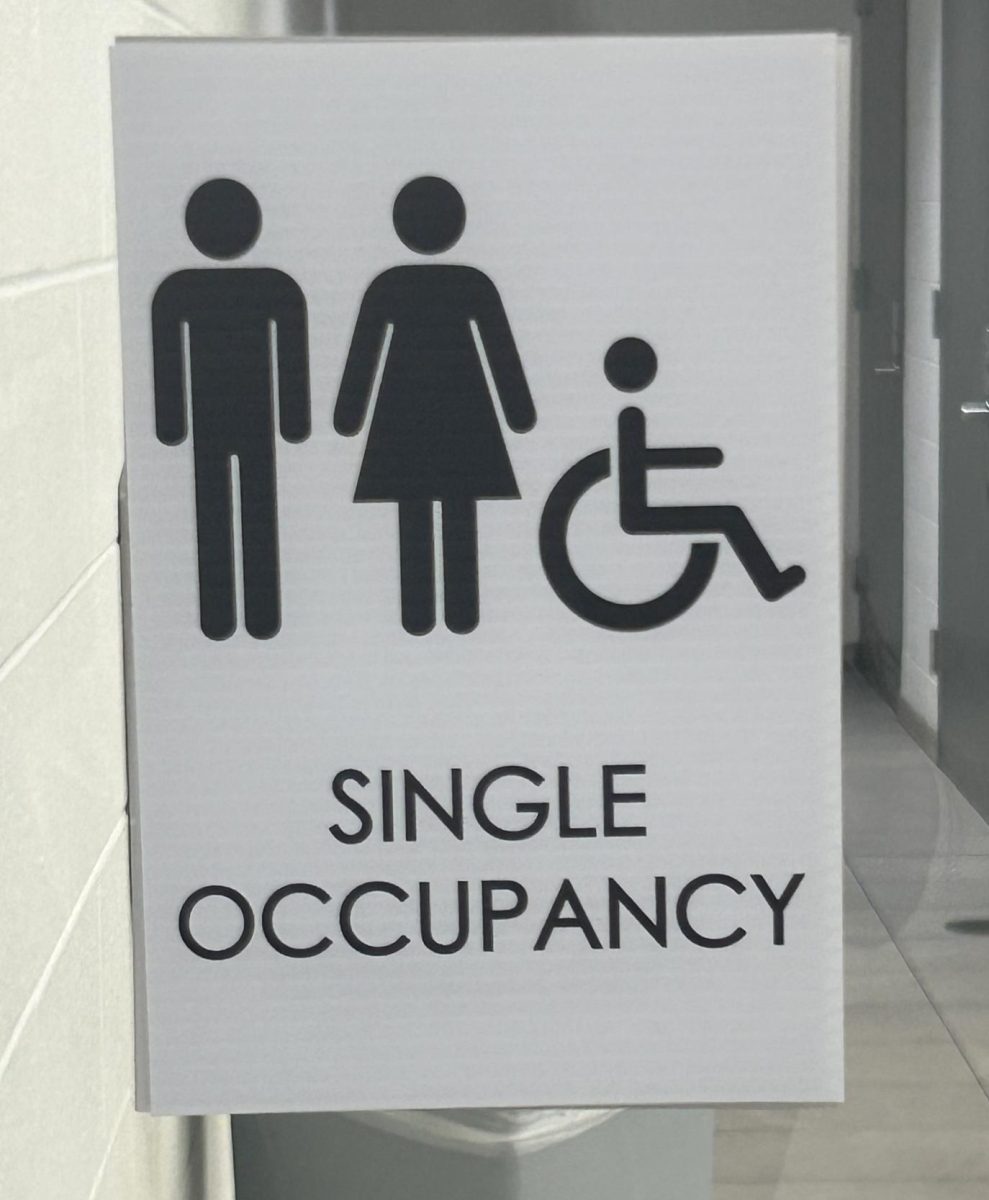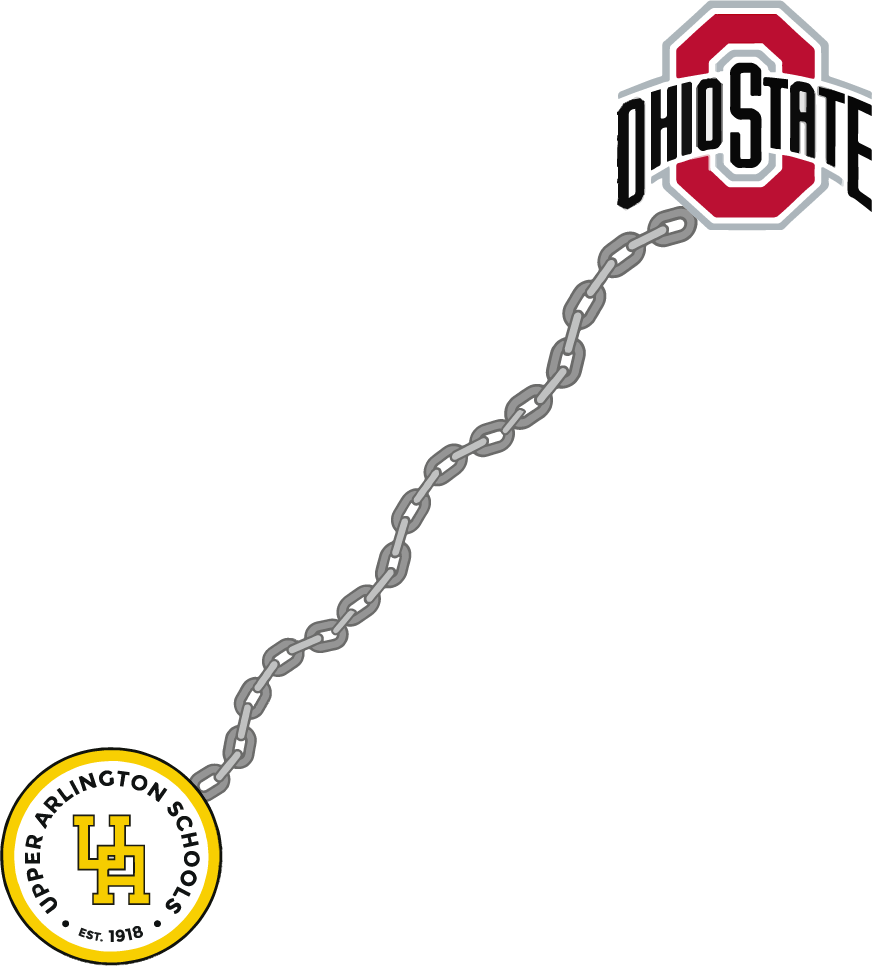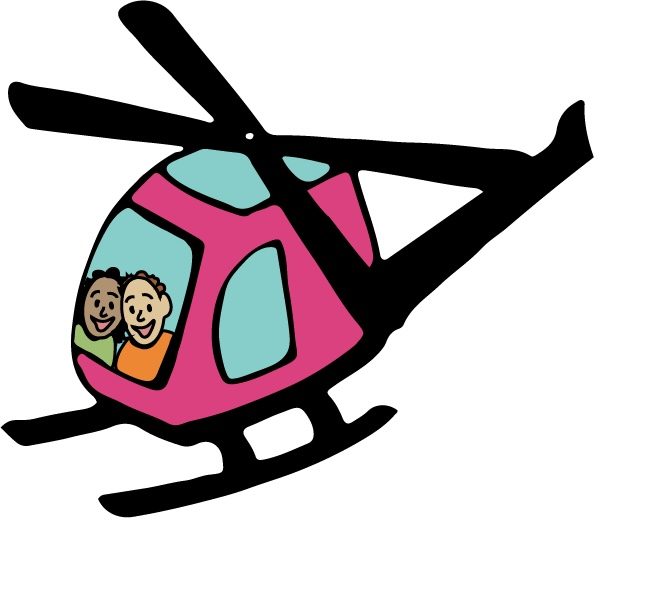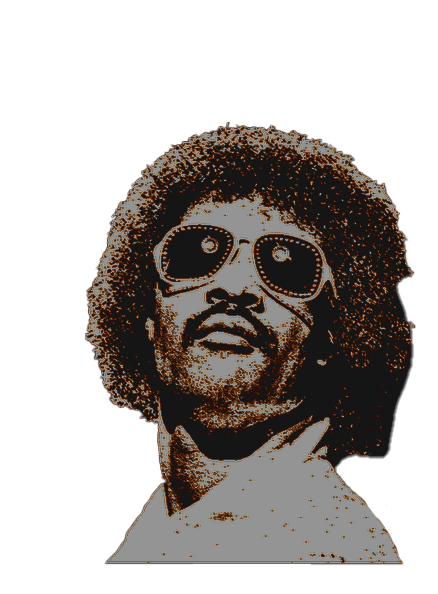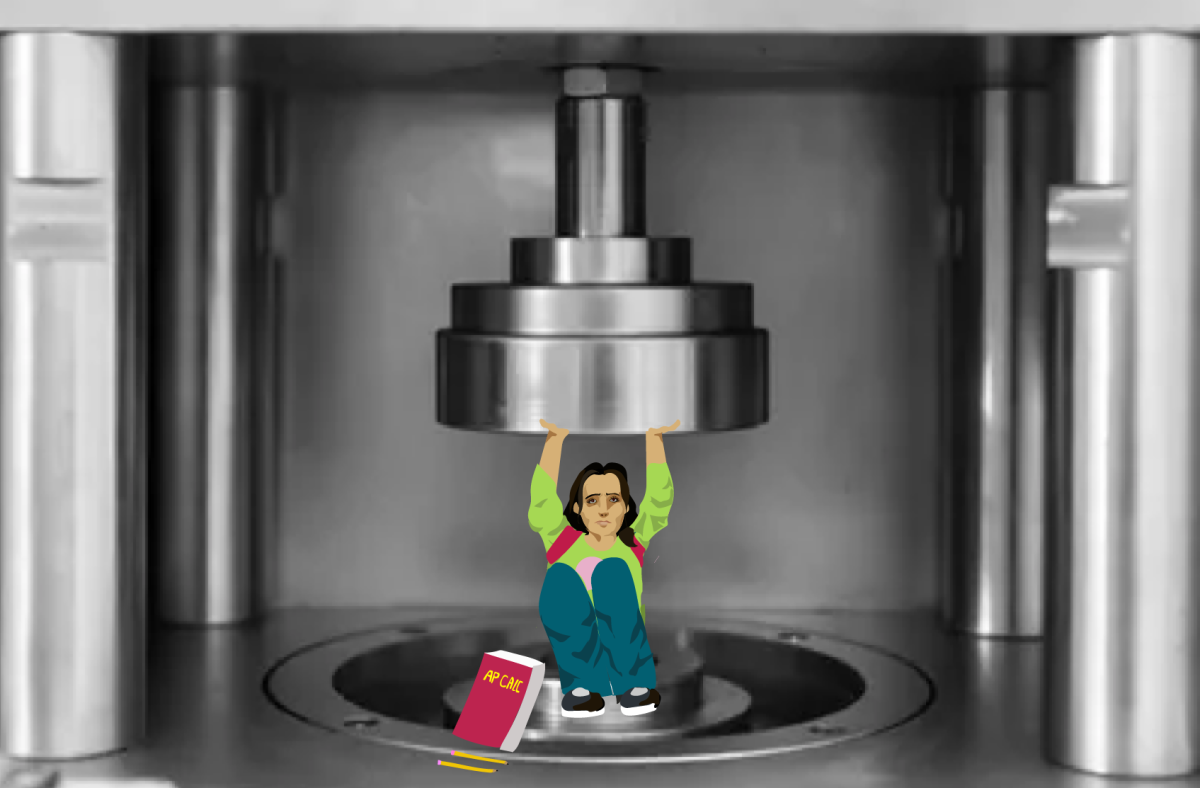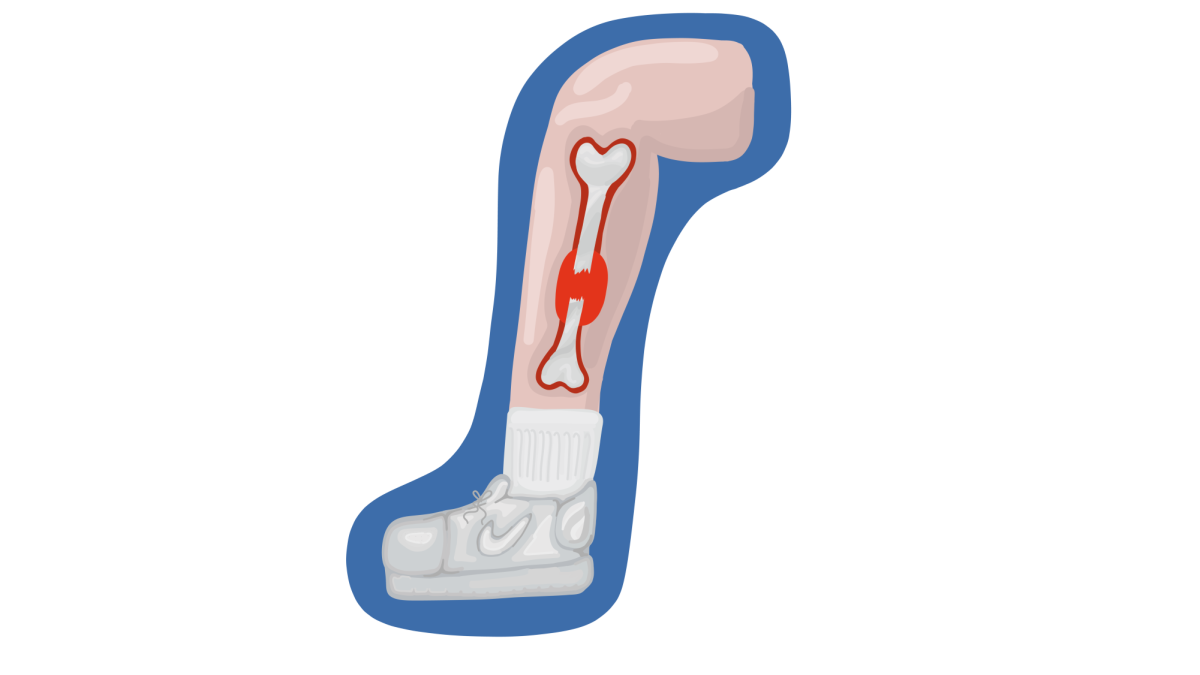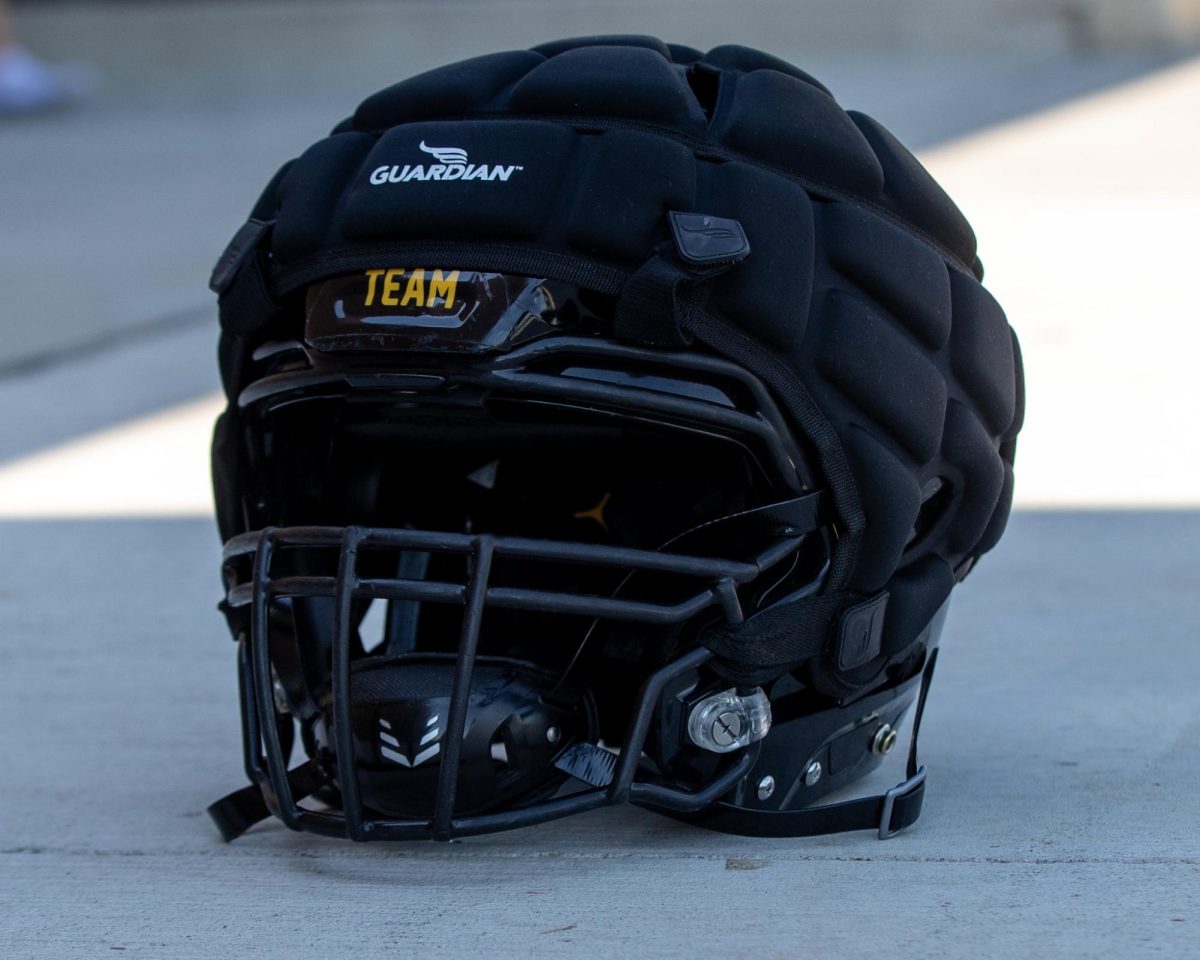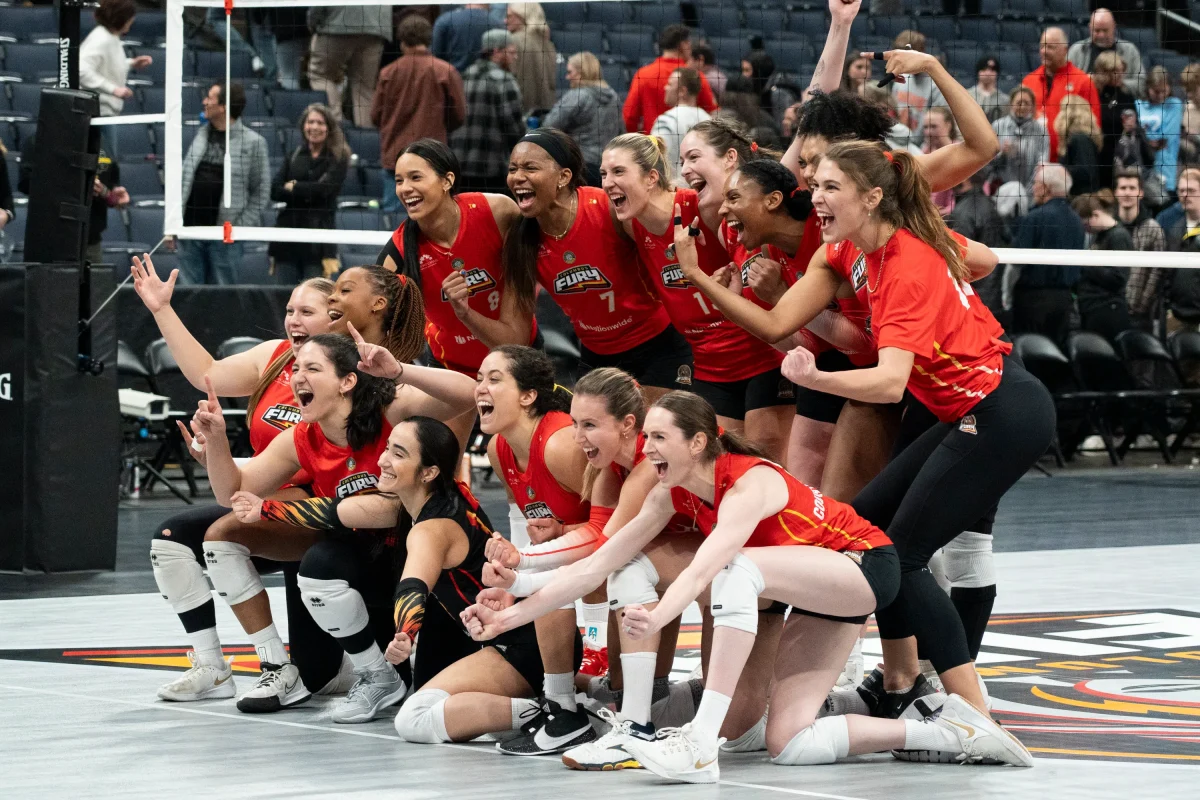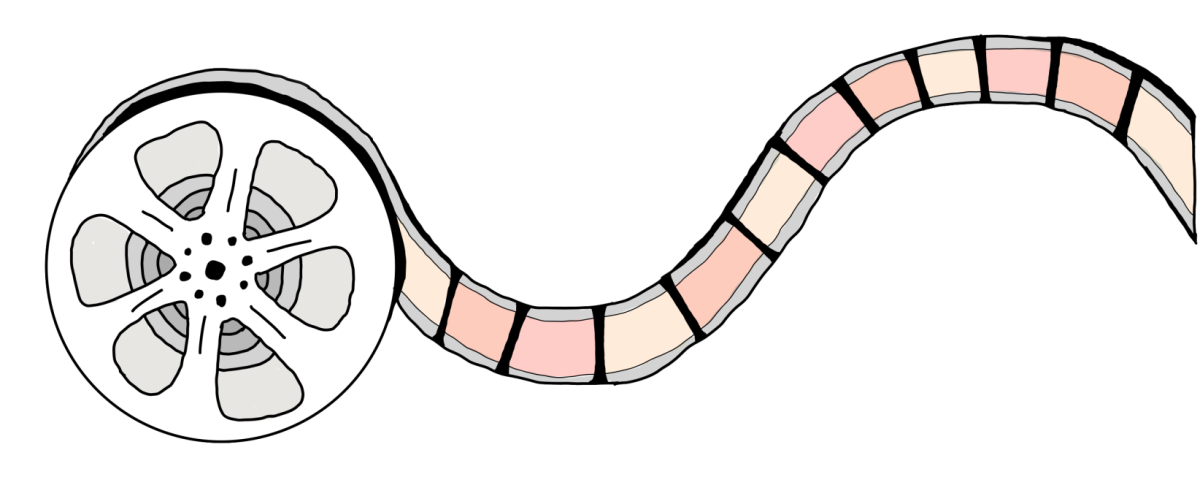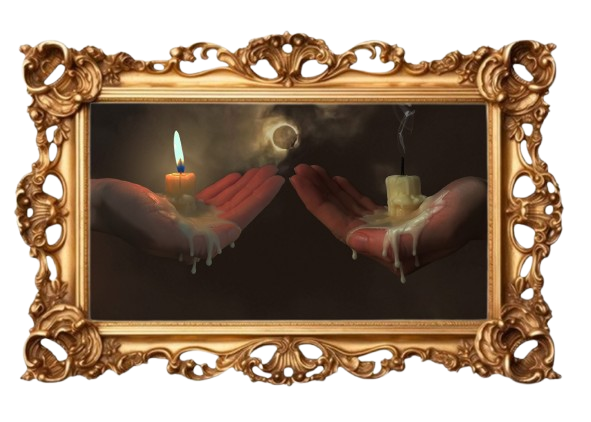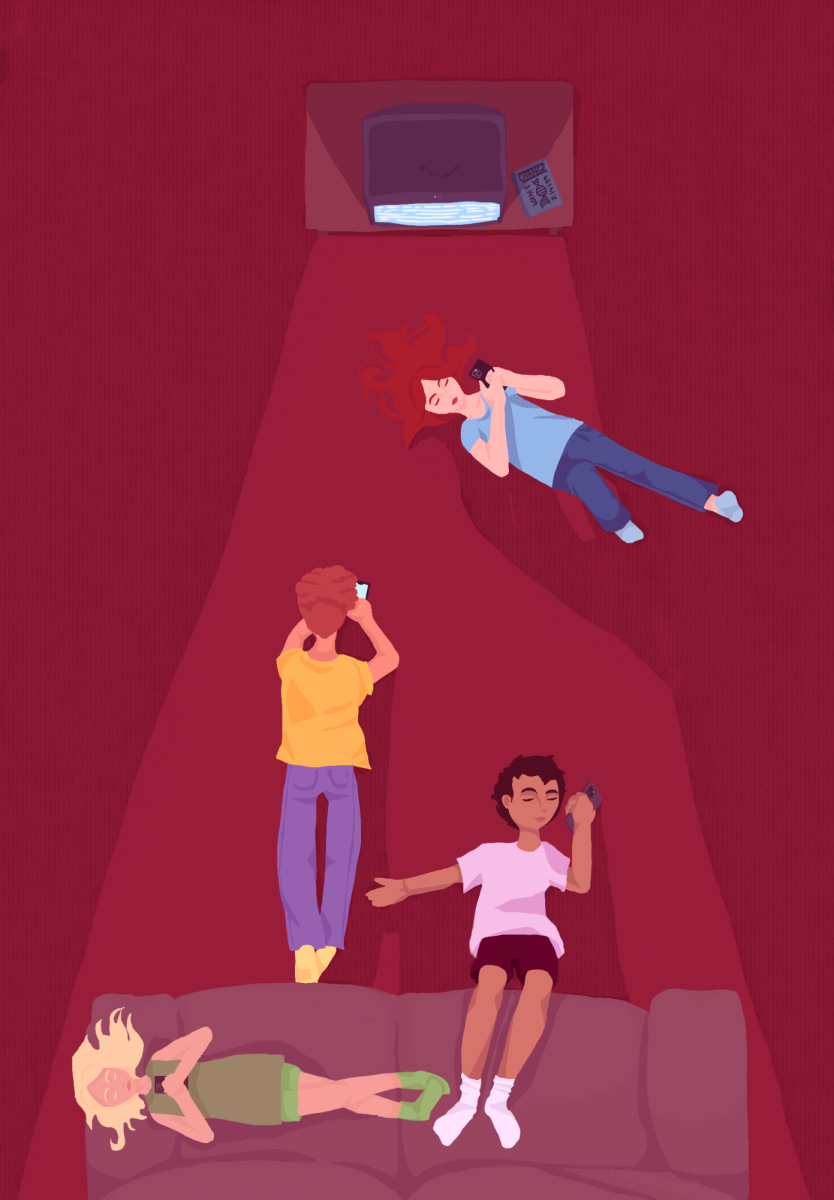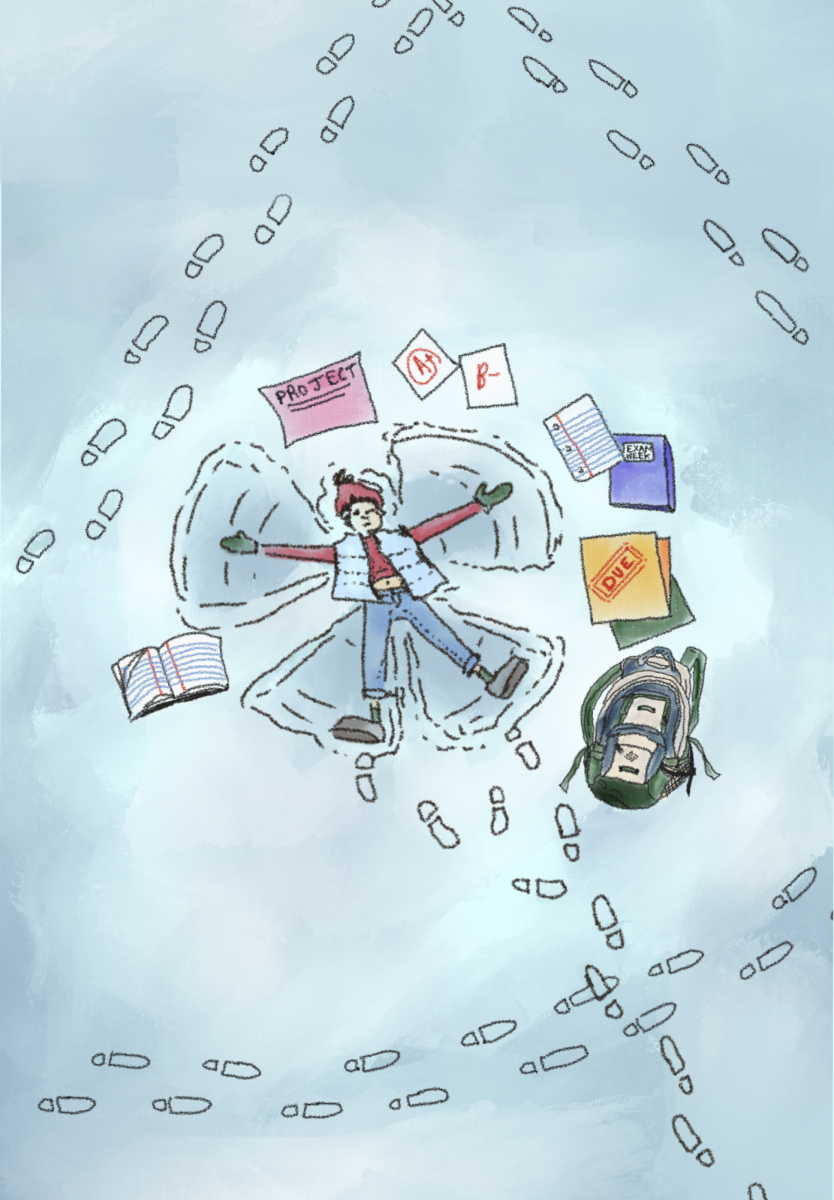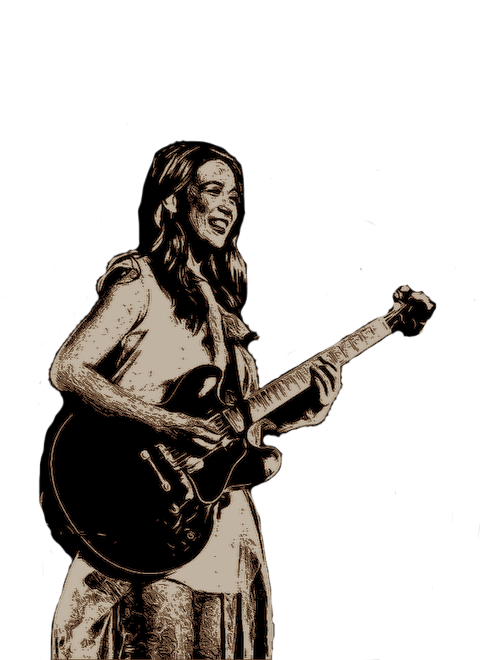If I learned one thing in high school, it’s how to work hard. The challenges of routine assignments and stringent standards taught me discipline in the pursuit of long-term gain, and we’ve built communities around dedication. We’ve been set up for adulthood rife with opportunities, but when we lose context, the act of hard work is mythologized into a double-edged sword that can set us up for unhappiness if we aren’t careful.
I’m talking about the Olympics of suffering. Who has slept the least? Who is most miserable? It’s “Rocky” movies, “no pain, no gain,” military commercials, overdoing AP classes, and our collective disdain for the symbol of ‘quitting.’ Maybe my confirmation bias is stronger than my logic, but I see it everywhere: we’ve rendered working too hard—to the point of suffering, and sometimes self-destruction—more worthy than the product thereof.
Of course, it makes sense that we do this. We work hard in high school so we can be good athletes, go to prestigious colleges, get nice jobs. The reward will be proportional to the struggle to achieve it, and victory is sweeter when you have to work for it. This narrative is positively reinforced with grades, encouragement, and the American ethos—and it works. Except for the fact that we’re teenagers.
As I see it, the causational relationship between action and result dissipates from our view when it’s stretched across the uncertainties of growing into adulthood. We can’t read the fine print on self-destruction at 15 for a life at 25 that we can barely even conceptualize. We believe in the reward, but it’s intangible and unspecified, so we focus on the immediacy: how hard the work feels. The association between discipline and nobility assigns quick satisfaction to an act that is inherently latent in reward.
This is dangerous for many reasons. In the past, it made me profoundly anxious and endlessly exhausted. I was more influenceable, prone to comparison, and meaner. I also martyrized myself in a way that I’m not sure is justified; save for occasional administrative overzealousness, this is a self-created problem. What a privilege we have to have adults who are excited for the potential of our futures and who put in the energy to challenge us.
My junior year, I ran an experiment: I took a hard look at what I wanted out of life and of my energy, and I took a hard left towards the fairytale land of leisure and free time. No more cross country, fewer dutiful club memberships, and several late-night hangouts with friends on school nights. I whittled my “hardest work” down to the things I really cared about and invested more energy into things that were rewarding and were in no way related to school.
I had gotten too comfortable in the role of the academic sufferer, and I wanted to know what would happen to my self-perception if I removed this continuous, self-imposed difficulty from my days. Would I beat myself up for becoming what I considered out of shape or a bit lazy and for not doing too much?
This experience redefined hard work as something empowering when I made changes to the way I approached it. For one, I decided that if hard work defines my identity to a dangerous identity, then I’m not doing it out of free will. There’s something else telling me I have to do it. It also became key to diversify satisfaction. Not everything can hinge on a payout, and I have to be okay even when it doesn’t come. Because it won’t always. There is intrinsic value in rest, nurturing friendships, room enough to waste time.
Finally, hard work is satisfying, not because there’s a particular nobility in difficulty or pain, but because change is exciting. And we change when we do things that aren’t easy. There’s self-worth in investing in challenges that nurture something deeper than immediate reward. After this period of rest, I naturally sought new challenges to take on and reverted back to a middle ground.
I’m happier this way, and I have greater enthusiasm for everything in my life. But this doesn’t erase my doubts, and I still occasionally regret not taking certain alternative paths. It’s difficult to resist the pressures of the ever-competitive college admissions process. What if I’m elaborately excusing that I don’t have what it takes to perform at the “highest level”? I have to choose to accept that the regret is illusionary. It’s a decision to trust the choices I’ve made about my life and to demonstrate the same integrity and fairness towards myself that I try to show other people. Refusing to enable my own inclination to idealize self-destruction feels like taking responsibility for myself.

